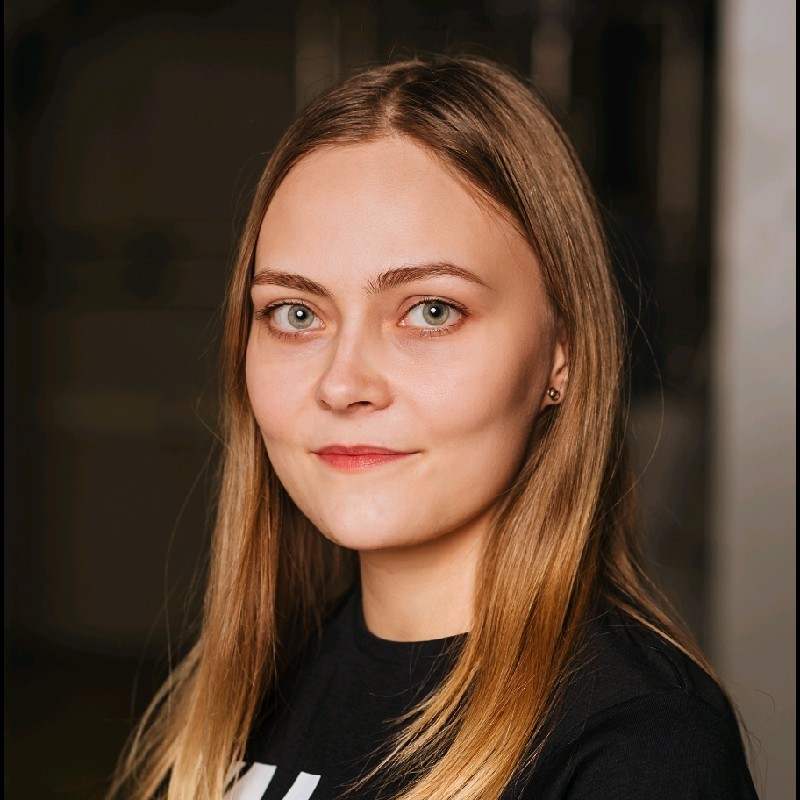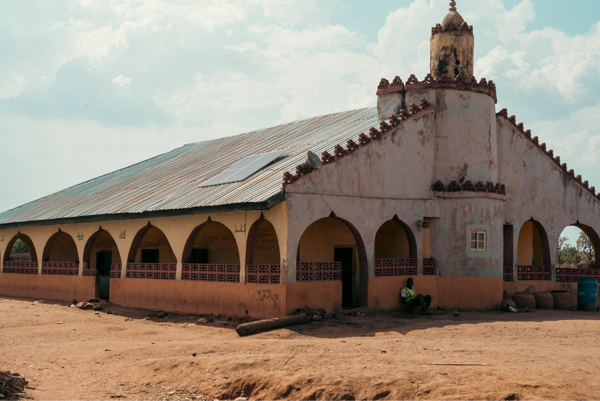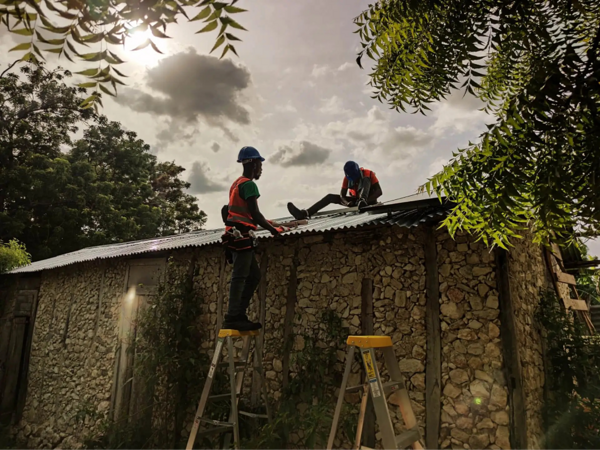Okra Solar is a technology startup that produces hardware and software to set up solar mesh-grids—a network of interconnected solar home systems.
Their plug-and-play IoT controller, the Okra Pod, uses remote monitoring to ensure power is efficiently distributed throughout a network of solar households. Their cloud software provides grid owners with real-time data so they know when and how networks should be scaled.
Okra Solar has been using 1oT's connectivity since 2021—check out how they got started with us. Since then, they've focused on fundraising and scaling their operations in Haiti, Nigeria, and Cambodia, where they have around 3000 devices bringing power to 15,000 people.Growing together with 1oT
The previous connectivity management platforms Okra Solar used weren't straightforward and complicated finding important information. Using 1oT Terminal allowed them to get all the information they needed for their operations quickly and simply.
1oT has always been available when we need something. The 1oT Terminal has been well-suited for everything we've needed to do so far, and there's a lot more we could do to automate our connectivity management as our number of SIMs increases.
– Oscar Aitchison, Product Manager at Okra Solar
With an increasing number of devices, they're looking to set up systems that weren't essential at first. For example, as they are setting up thousands of new devices, saving data becomes more critical than it was with fewer devices. The 1oT Terminal gives them great insight into how their devices consume data and suggests changes that would lower costs and manual work.
For example, they're currently using the Workflow Automation app to automatically group SIMs by country as soon as they start consuming data. This saves them the task of manually grouping SIMs and makes managing them easier in the future by using bulk actions.
Scaling operations and testing new technologies
Okra Solar has ambitious plans to reach more mainstream market customers in Nigeria and connect as many households as they can. Naturally, a major part of that is maintaining a smooth connectivity management flow when deployments scale from a couple thousand to tens of thousands.
One of the issues they've faced are the Nigerian subsidy programs that support legacy technologies and make newer solutions difficult to fund and popularize. Nigeria is also poorly covered by cellular providers, so they’ve had to find technologies that work in environments with weaker or no cellular connectivity.
They are now testing a new technology, Wi-SUN, to use in areas with poor cellular connectivity. Instead of having a 2G modem in each household sending data to the cloud, they could use a Wi-SUN mesh that will hop data between devices back to a central router.
The Wi-SUN solution should provide a good alternative for areas with sparse cellular connectivity but more connected houses, while cellular connectivity from 1oT suits locations with fewer connected households and good cellular coverage.
Fortunately, new and exciting programs from the Nigerian government and the World Bank should raise interest in the mesh-grid technology and make it more available to everyone.




